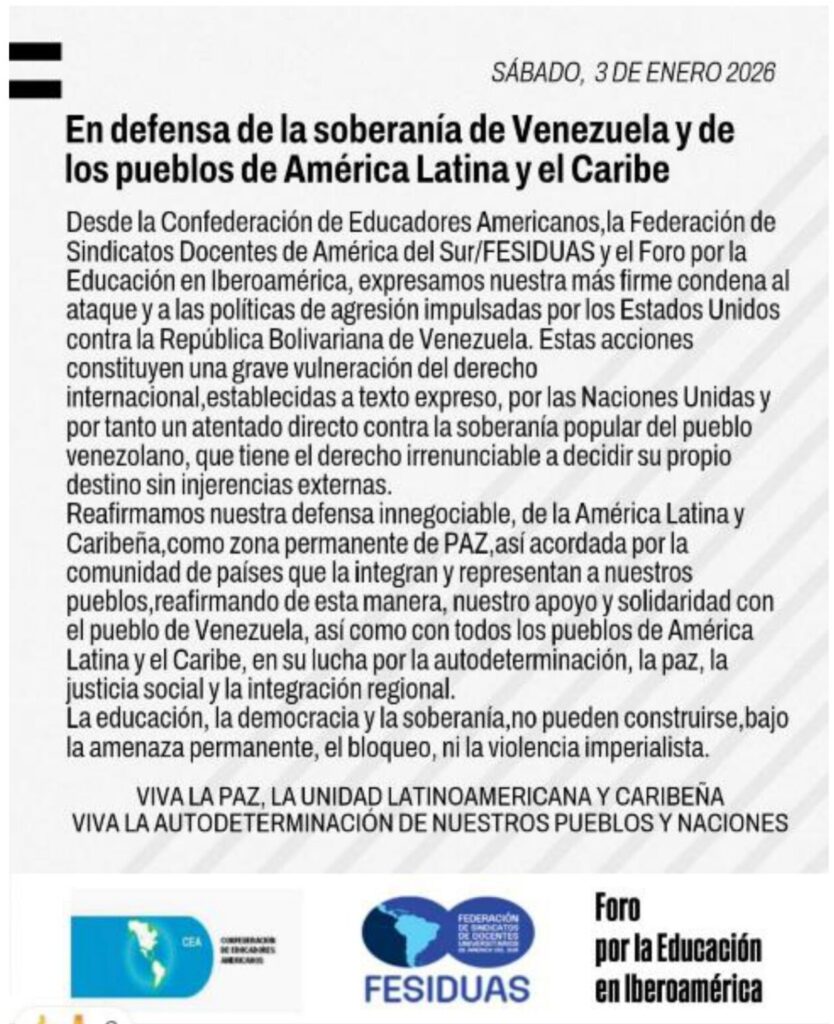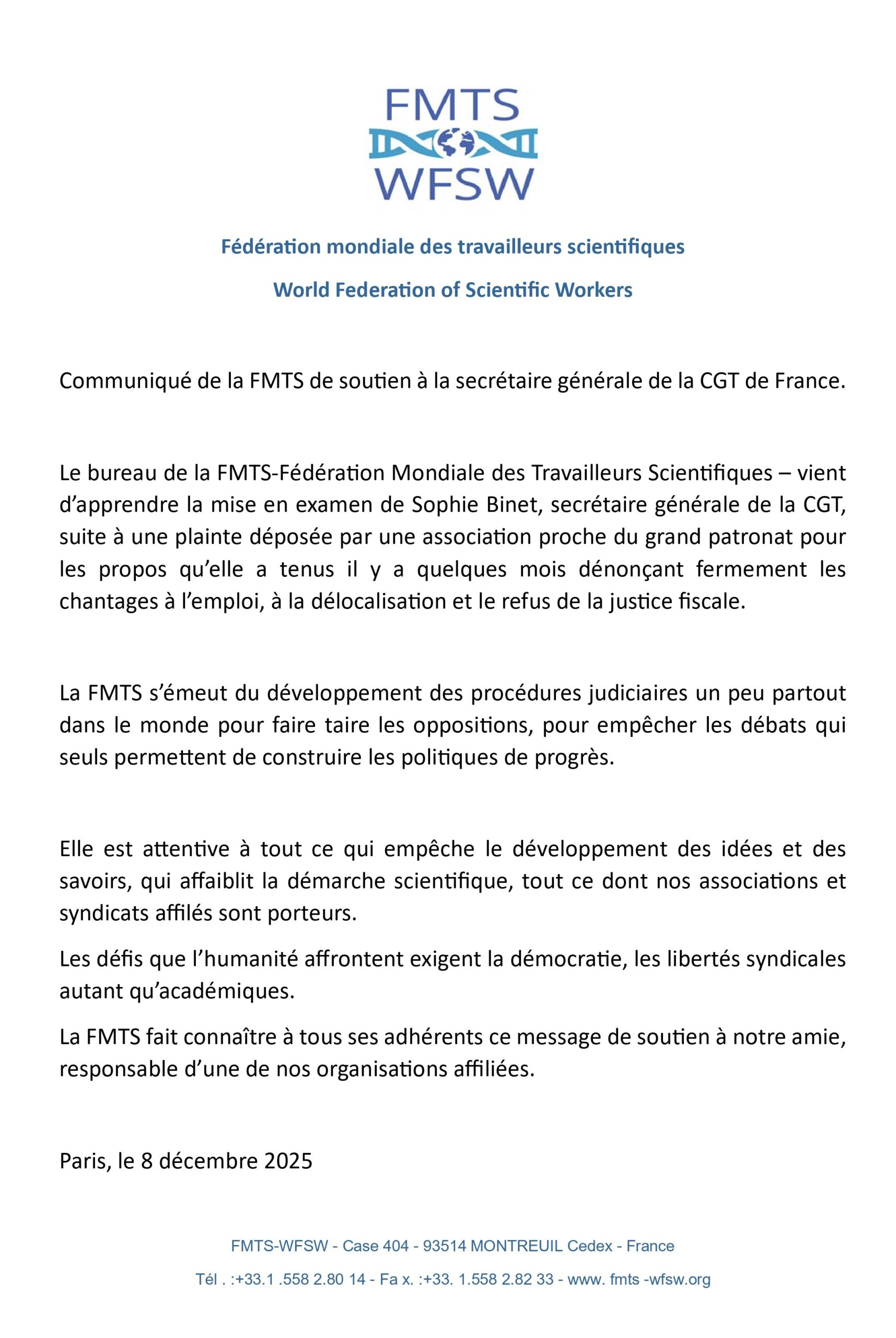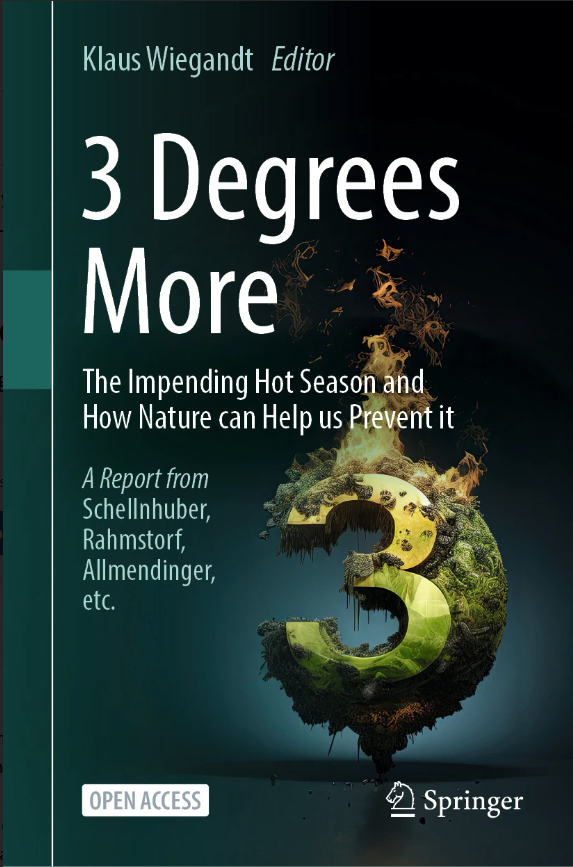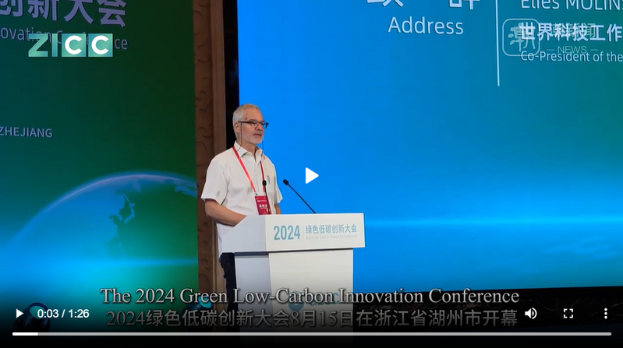Manifesto on scientists’ rights and responsibilities
THE 21ST CENTURY AND THE RESPONSIBILITY OF SCIENTIFIC WORKERS
This manifesto was adopted by the WFSW executive council held in Lisbon on 24 and 25 May 1990.
Forty years ago in 1948 and 20 years ago in 1969, the World Federation of Scientific Workers and its affiliates took two significant steps when they adopted, first, the scientific workers’ charter and, second, the declaration on the rights of scientific workers. It is well known that it was because of the influence of the charter that the International Confederation of Scientific Unions adopted its scientific charter. This pioneering role deserving emphasis.
According to the declaration, ‘a scientific worker is defined as someone having the necessary qualifications and professionally involved in natural, technological or social sciences, in basic or applied research or in teaching science’.
The declaration also reflected the WFSW’s fundamental interest in the fruitful development of science and technology and combined this interest with generally shared perceptions on the fundamental rights of scientific workers arising from their responsibility in society.
The wish, expressed by the WFSW general assembly in 1969; that the declaration should become an international recommendation ratified by governments, was largely satisfied by the incorporation of the essential points on the rights of scientific workers into the recommendation on the status of scientific workers adopted by the 18th Unesco general assembly in Paris on 20 November 1974. The adoption of this document by Unesco gave the WFSW legitimacy and a place in history.
In its preamble the declaration stated: `Scientific workers have an important part to play in promoting the best use of science and scientific methods for human welfare and to contribute to preserving peace and reducing international tension.’
Although the charter and the declaration have significantly contributed to the protection of scientific workers’ rights and scientific progress generally, it must be noted that their aims have not been fully achieved. Specifically the employers of scientific workers continue to neglect or encroach on their rights.
The WFSW and its affiliates must mobilise continuously to achieve the aims of the charter and declaration. At the same time one must stress the particular responsibility of each government to protect the rights of scientific workers and to maintain good conditions for research while elaborating particular objectives in the full development of science for the well-being of humanity.
During the ’70s and ’80s, the speed of development of science and technology along with that of industrial progress continued to grow. The possibilities for improving the well being of humankind have widened, and the potential for social, cultural and political advance has grown considerably.
But at the same time the negative effects of the misuse of science and technology have reached enormous proportions. Global problems have become more acute, especially concerning the preservation of peace and the environment, as the potential for universal destruction has never in history been so great as it is today.
Against this background, society and of course scientific workers, as producers of practical and theoretical knowledge in varying social and national contexts, are faced with the question of their responsibilities. They have responsibilities as scientists and as citizens. Nowadays responsibility cannot be restricted for any length of time to the narrow confines of particular areas but will call for a widening of these limitations by taking into account the impact of science, politics and economics.
In other words, scientific workers nowadays must be informed beyond their particular discipline in order to be able to understand the complexity of the relations underpinning the contemporary world. They must discuss and cooperate with other scientific workers and social organisations involved with the solution of continuing problems: the preservation of peace and the solution of other global problems such as food supplies and environmental conservation.
Scientific workers should, moreover, be actively engaged in promoting these solutions. This implies making new demands on themselves, their knowledge and their conscience. These demands flow from the totality of world problems that require solutions in different countries and in the most varied contexts, taking on new dimensions and growing complexities. This calls for not only a general conception as opposed to simple specialisation but also requires taking into account the interconnections, changes and developments and their future consequences.
The responsibility of scientific workers stems from their social position and their knowledge in the context of the present-day situation. It finds expression in different social conditions through cooperation with the scientific workers of other countries in various organisations and especially the WFSW. Scientific workers understand their social responsibility and their ethical principles as directing their endeavours to apply their discoveries and their inventions for the benefit of the human race. This responsibility is based on their efforts to ensure that their work has useful consequences and to prevent accidental or anti-human `spin-offs’. The results of their work should be evaluated and conclusions drawn to indicate the way forward.
Scientific workers cannot avoid their obligation to promote the use of science and technology in accordance with the cultural, social, economic and ecological needs of all humanity. The social responsibility of scientific workers based on reason and realism must be based more than ever on rights and duties, now and in the future. They are linked with aspirations for an improvement in the situation of scientific workers and all workers.
Because scientific workers accept their responsibilities to society, they have every reason to organise for the extension of their rights. The WFSW, as an international organisation representing the interests of scientific workers, supports the following demands:
1. The right and the responsibility of scientific workers to be actively involved i n determining the utilisation of science and technology and the direction of its application along with the rest of the population. This includes:
- an analysis of the necessary social conditions appropriate to each question and informing the public of the social consequences;
- focusing attention on solving humanity’s global problems such as questions of war and peace and the problems of disarmament and peaceful coexistence, especially the total prohibition and destruction of nuclear weapons and other means of mass destruction; international cooperation to find peaceful solutions for other global problems;
- developing scientifically suitable proposals to resolve the problems and to make clear the ways of achieving this;
- being actively involved in both the process of preparing for and carrying through the decision and in monitoring and analysing the results.
2. The right and the responsibility of scientific workers to pursue research and to teach as part of their professional activity. This includes
- having the possibility to intervene or take the initiative in the conscientious selection of areas and methods of research;
- access to information relevant to research topics or required by scientific workers in the exercise of their responsibilities;
- efforts to give individuals and humanity as a whole more freedom as a result of scientific findings and technological developments and in this way a real and active control of the social and human environment;
- the need to identify, analyse and fully comprehend the risks stemming from research and to deal responsibly with the risk-taking factor in one’s own work.
3. The right and the responsibility to communicate and exchange information. This includes:
- dealing carefully and responsibly with all information at their disposal whether arising from their own research or from outside sources;
- promoting both cooperation and healthy competition between scientific workers; disseminating knowledge and propagating humanitarian objectives;
- using advanced communications technology to improve access to information and stimulating debate both within the scientific community and in society as a whole;
- contributing, thanks to their specialised knowledge, to a constructive and coordinated dialogue with people having responsibilities in other fields of human culture, such as the arts, communications and politics. This will help society to accept the ethical values of scientific activity more readily along with the scientific and technological developments.
4. The right and the responsibility to produce, apply and disseminate knowledge.
- Scientific workers have obligations to the heritage and future of humanity, both as individuals and through their mutual communication and cooperation.
- These rights and obligations must be respected when scientific research is channelled to protecting the interests of the state or promoting commercial interests.
5. The right and the responsibility to play their part on the basis of their scientific work. This entails:
- confidence in the work and recognition of success in scientific and social work, for all scientific workers, especially for young scientists and women;
- recognition of the equivalent standing of a training course in science with those of other fields of social activity so that responsibilities are allocated without regard to qualifications exclusively;
- the possibility for scientific workers, men and women, to pursue their professional career notwithstanding family commitments, especially parenthood;
- the full integration of young scientists in the research process by giving them specific tasks and responsibilities;
- secure conditions and prospects for young graduates;
- remuneration in accordance with training, status and performance.
6. The right and the responsibility to transform people’s social and natural environment, seeing people both as individuals and as social beings, taking their needs into account and making human development the decisive criterion in determining how scientific knowledge should be applied. This involves:
- maintaining a global approach in scientific specialisation and taking existing or possible interactions into account;
- applying the precept of the Russell-Einstein declaration that we need to `learn a new way of thinking’ about the situation in the world, linking this with the ethical proposal that every scientific worker should accept responsibility and act accordingly in all circumstances.
* * * *
The rights of scientific workers in the areas of civil rights, non-discrimination, protection against dismissal, established conditions of employment, and salary, holidays, training leave, maternity leave, sickness leave, retirement and activity in an independent trade union should not be less favourable than those exercised by other workers.
1 Nonetheless, the rights and responsibilities of employers and of each scientific worker should be clearly established either by legislative measures or by a contract of employment between the employer and the worker. Such contracts should be based on negotiations between the employers and the organisations representing scientific workers and should not be less favourable than those applicable in other types of employment.
2. Scientific workers must be able to determine democratically their working conditions and the style of cooperation to be adopted either in laboratories or with the other services involved. The working hours of scientific workers should not exceed those of other workers. For certain kinds of creative work there must be an acceptance of flexibility in organising the work with a rearrangement of working hours to take the interests and requests of technicians and team members into account.
Working conditions must ensure the safety of workers and equipment, based on legislation and existing regulations as well as information on operating methods where new techniques are involved.
3 The career conditions of scientific workers must be decided by negotiation between the employers and the organisations representing the workers. On this basis, career progress should be achieved by taking into account such factors as knowledge, qualifications, experience, productivity and effectiveness.
4 Scientists, both individually and collectively, have the right to take an active part in elaborating scientific policy and in setting up the relevant organisational structures. The development of science should be wholly based on democratic methods giving rise to the hierarchical structures, organisations and scientific institutions.
5 The rights of scientists to benefit from their own original ideas, discoveries and inventions and the income from them must be legally and contractually protected.




